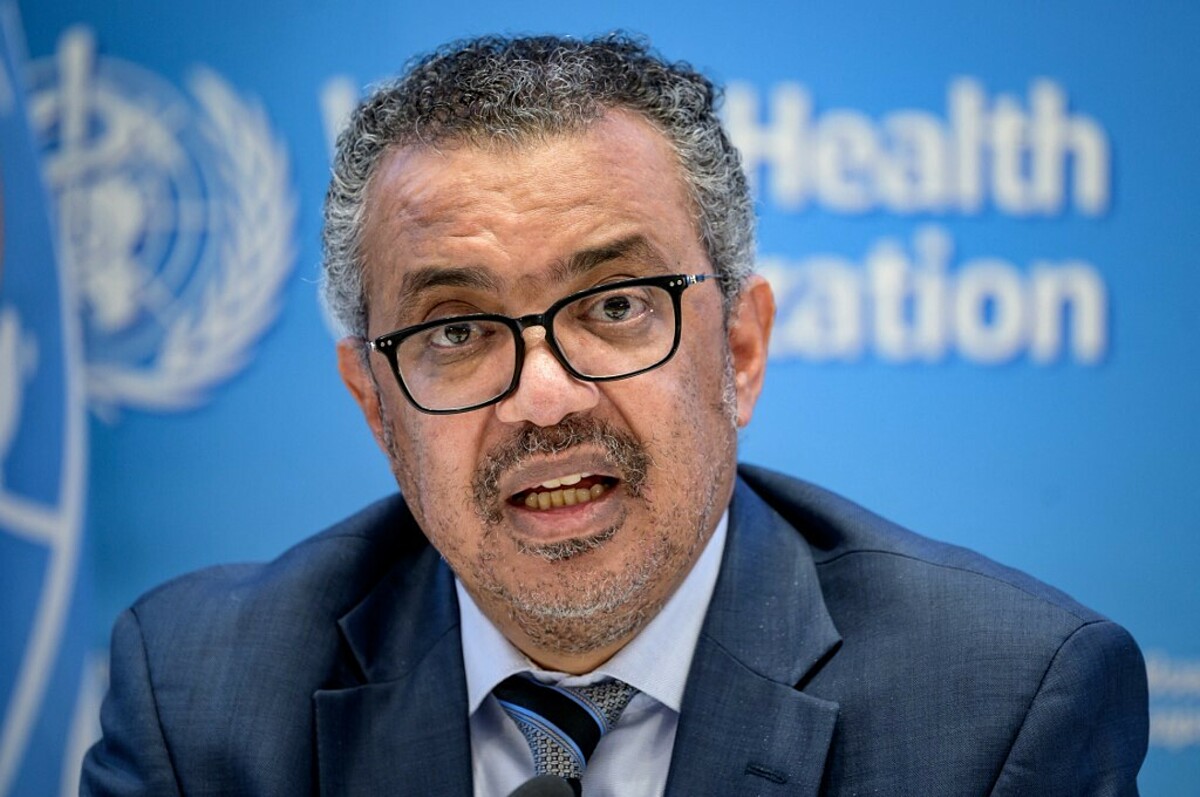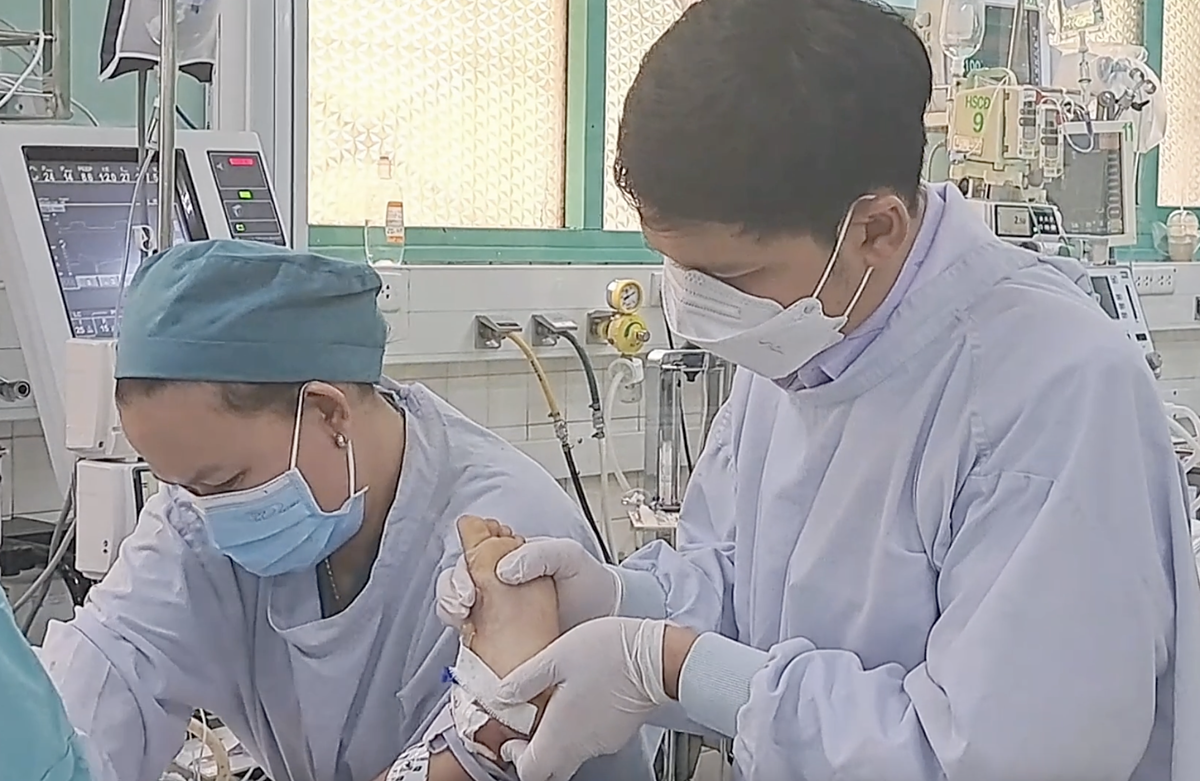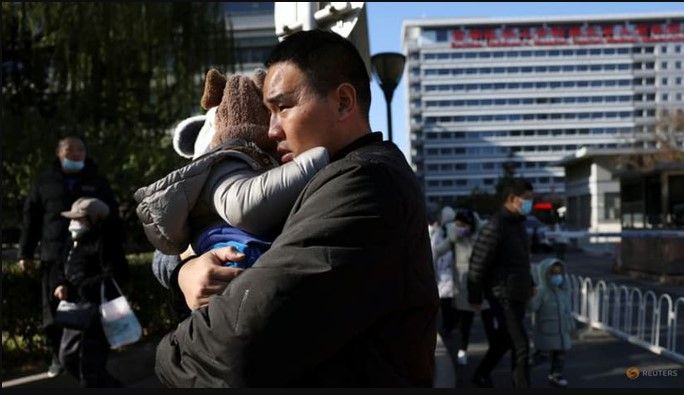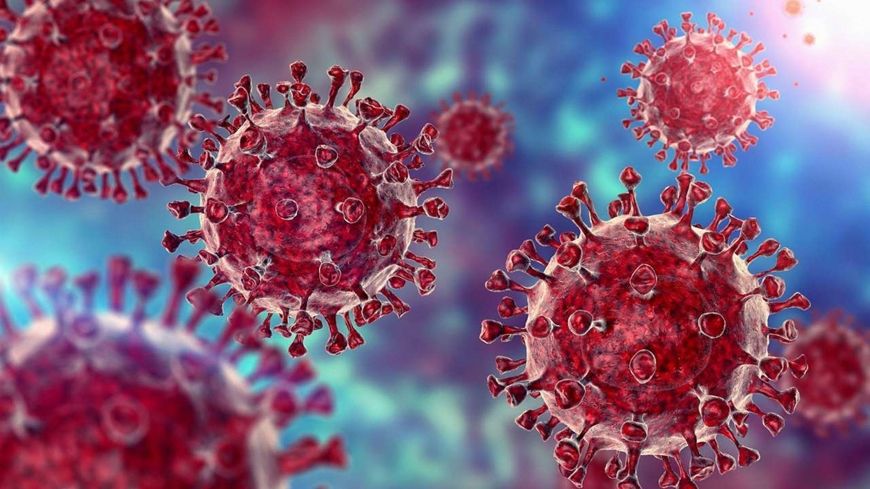WHO: The world is stepping out of the Covid-19 emergency phase
WHO said that countries are starting to step out of the emergency phase of the pandemic, but nCoV still circulates and exists.
During a meeting of the World Health Organization (WHO) on April 27, Director-General Tedros Adhanom Ghebreyesus said that the United Nations would publish guidance for countries on how to transition from an emergency Covid-19 response to a phase one. long term management next week.
"We hope that at some point this year we will declare an end to the Covid emergency. However, this virus still exists. Countries need to learn how to control it and other communicable diseases. other infections," he said.
This statement once again confirms the position made by WHO on April 6. Mr Tedros had hoped to lift the state of emergency this year, but did not give a specific time frame for this move.
The pandemic expert committee will meet again in May to discuss the detailed plan. The committee usually meets every three months to discuss the pandemic and report to director Tedros. He will then decide whether Covid-19 remains an international emergency.
The declaration of a global emergency (PHEIC) is the unified international mechanism for triggering responses to infectious diseases. After Mr. Tedros declared Covid-19 a pandemic in January 2020, many countries became aware of the danger from this disease. After that, most countries declared a health emergency for Covid, the goal of which was to speed up research and increase funding for public health measures to prevent the epidemic.
To date, some countries like the US have declared an end to the state of emergency for Covid. From now on, the costs of treatment, vaccination, testing will be transferred to private insurance and government health programs, instead of free as in the previous period.
Before the WHO issued a declaration that the world was stepping out of the emergency phase of the pandemic, the UK, the US and some European countries had assumed that Covid would end in their countries from the end of 2022.

Currently, the number of Covid-19 cases is increasing again in some countries, especially Southeast Asia, but the number of deaths and hospitalizations has not increased. The countries facing the new sub-variant of Omicron are XBB.1.16. In Vietnam, the number of Covid cases is also increasing again, doctors are monitoring the virulence of circulating nCoV strains.
XBB.1.16 is one of 600 sub-variants of Omicron, recombined from BA.2.10.1 and BA.2.75. Maria Van Kerkhove, WHO technical team leader, said that XBB.1.16 is highly infectious and contagious.
While contributing to a spike in cases in Southeast Asia and India in recent weeks, the mutation did not increase the number of deaths, the WHO reported. In fact, deaths in those regions have fallen by 6% over the past four weeks.
However, Ms. Van Kerkhove said the world needs to be vigilant. Countries should have strict surveillance systems in place to monitor circulating and emerging strains. In addition, it is necessary to ensure a source of antiviral drugs, provided to patients to prevent symptoms from becoming severe. In addition, vulnerable groups such as the elderly, immunocompromised people and health workers need to be vaccinated with a booster vaccine as prescribed.
* SOURCE: https://vnexpress.net/who-the-gioi-dang-buoc-khoi-giai-doan-khan-cap-covid-19-4598686.html









 Facebook
Facebook
 Tweet
Tweet
 Zalo
Zalo







 News
News

















 Sign in with Facebook
Sign in with Facebook
 Sign in with Google
Sign in with Google